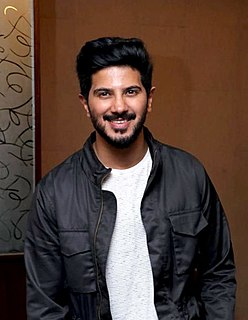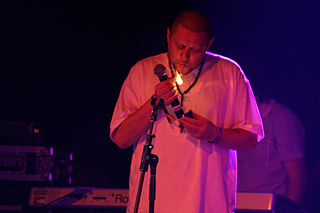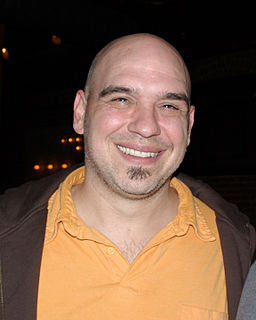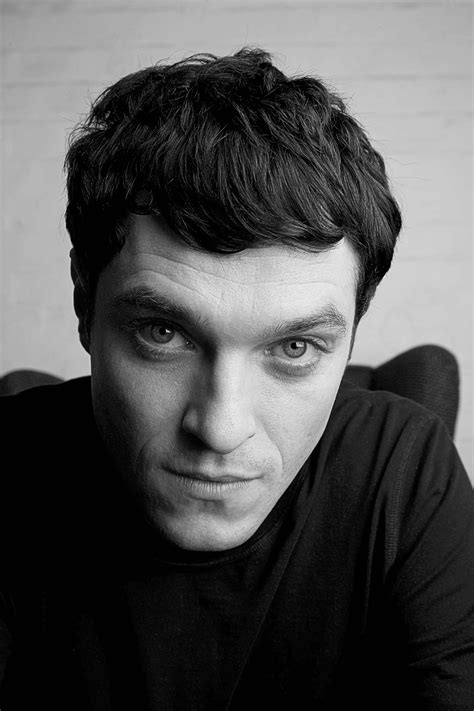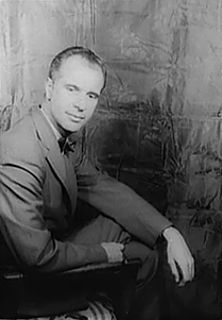A Quote by Prabhas
The idea of working in films came after I passed class ten. I was planning to set up a restaurant and manage a business.
Related Quotes
The really successful work in England tends to be working-class writers telling working-class stories. The film industry has been slow to wake up to that, for a variety of reasons. It still shocks me how few films are written or made in England about working-class life, given that those are the people who go to movies.
I make films about working class people. All my films have always been about that. For example, the brothel is a workplace. It's aberrant, but a workplace nonetheless. I was more interested as opposed to glamorizing and saying, oh, this is a great erotic place, it's a place of business. The commodity is sex.
The dominant, almost general, idea of revolution - particularly the Socialist idea - is that revolution is a violent change of social conditions through which one social class, the working class, becomes dominant over another class, the capitalist class. It is the conception of a purely physical change, and as such it involves only political scene shifting and institutional rearrangements
My husband Farhan Azmi is a restaurateur and owns three restaurants in Mumbai. After we got married, we started planning a cafe, Chai Cofi, and got busy in executing it. It is not easy to open a restaurant. I always wanted to get into the business of restaurants and was fortunate enough that Farhan's knowledge taught me a lot of things.








